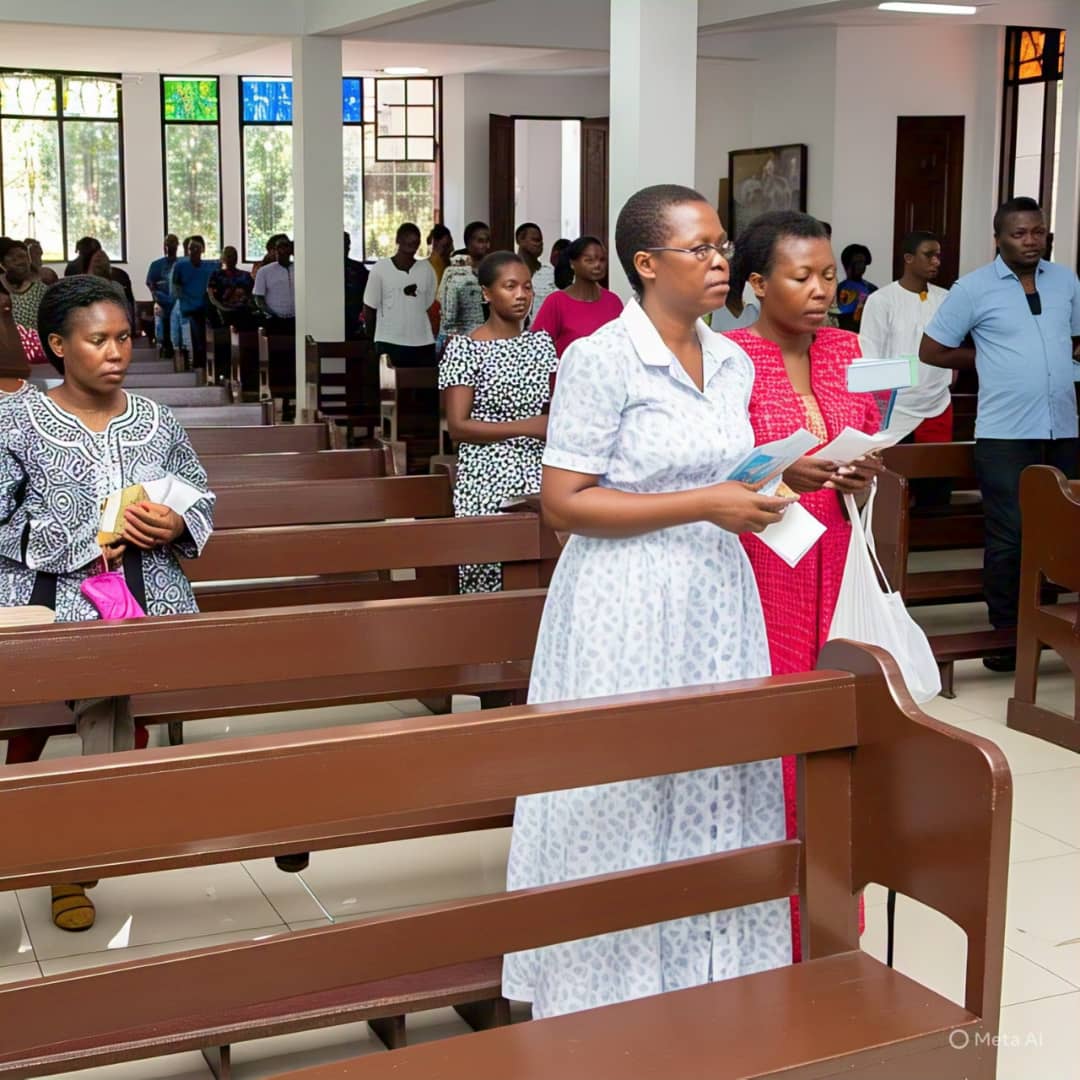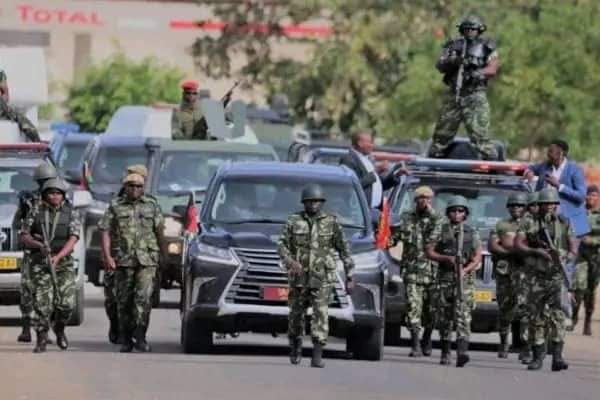By Burnett Munthali
On Sunday, October 27, 2024, UTM Secretary General Patricia Kaliati made waves on social media with a powerful post on her Facebook page titled “Voice from Cell 2 at Area 3, Lilongwe Police Station.” Her post, written from detention, sheds light on her unexpected arrest and offers a personal reflection on the current political climate in Malawi.
Kaliati, a vocal and prominent figure in the United Transformation Movement (UTM), was arrested on unclear charges, sparking widespread debate and speculation. In her post, she provided a vivid account of her experience behind bars, painting a picture of a seasoned politician confronting what she believes is political persecution. Her message struck a chord with many Malawians, both her supporters and those concerned about the country’s political trajectory as it heads toward the 2025 elections.
In her Facebook post, Kaliati described her confinement in “Cell 2” as a moment of reflection and defiance, suggesting that her arrest was politically motivated. She questioned the government’s intentions in detaining her, writing, “They can lock me up, but they cannot imprison the truth or the voices of the people who demand justice and change.”
Her post is filled with imagery of strength and resilience, as she assured her supporters that she would not be intimidated by the authorities. Kaliati framed her detention as part of a broader struggle for democracy and justice, calling on Malawians to remain vigilant and resist any efforts to silence opposition voices.
Kaliati’s post quickly went viral, with thousands of Malawians engaging with her message online. Many of her supporters rallied behind her, expressing outrage over her arrest and accusing the government of using state institutions to intimidate political opponents. The timing of her detention, just months before the 2025 general elections, has led many to speculate that the government is cracking down on opposition figures as a preemptive measure.
Political analysts have suggested that this incident could deepen tensions within the ruling Tonse Alliance, of which UTM is a part. The relationship between UTM, led by Vice President Saulos Chilima, and the Malawi Congress Party (MCP), headed by President Lazarus Chakwera, has been fraught with internal divisions. Kaliati’s arrest may signal further cracks within the coalition, as UTM members feel increasingly marginalized.
Kaliati’s arrest and her “Voice from Cell 2” post have also reignited discussions about the state of democracy in Malawi. Opposition parties and civil society organizations have raised concerns over the increasing use of law enforcement to target political rivals. Kaliati’s arrest, following a string of similar incidents involving opposition leaders, has been seen by some as part of a broader pattern of political repression.
In her post, Kaliati alluded to this, stating, “This is not just about me—it’s about all those who stand up for what is right and are punished for it. Our democracy is under threat, and we must stand together to defend it.” Her words reflect a growing fear among many Malawians that political freedoms are being eroded as the government tightens its grip on power.
Kaliati’s use of Facebook to communicate with the public highlights the increasingly important role of social media in Malawian politics. With traditional media often under pressure or influenced by the state, opposition figures like Kaliati have turned to platforms like Facebook to share their side of the story directly with the people.
Her post, written from within the confines of a police cell, exemplifies the power of digital platforms in amplifying voices that might otherwise be silenced. For many Malawians, social media has become a critical tool for political engagement, allowing them to bypass state-controlled narratives and express dissent in real-time.
As Patricia Kaliati awaits further legal proceedings, her post from “Cell 2” has undoubtedly shifted the political landscape in Malawi. The public outcry following her arrest is likely to put pressure on the government to clarify the charges against her and ensure that justice is served fairly and transparently.
For UTM, Kaliati’s arrest could galvanize the party’s base, positioning her as a martyr for the cause of political freedom. However, it could also escalate tensions within the ruling coalition, particularly if UTM leaders feel that their party is being deliberately targeted.
As Malawi approaches the 2025 elections, the incident has raised critical questions about the integrity of the country’s political system and its commitment to democratic principles. Patricia Kaliati’s “Voice from Cell 2” is not just a personal statement—it’s a call to action for those who believe that Malawi’s hard-won democracy is under threat. Whether this moment will lead to real change remains to be seen, but for now, Kaliati’s words have left an indelible mark on the national conversation.




